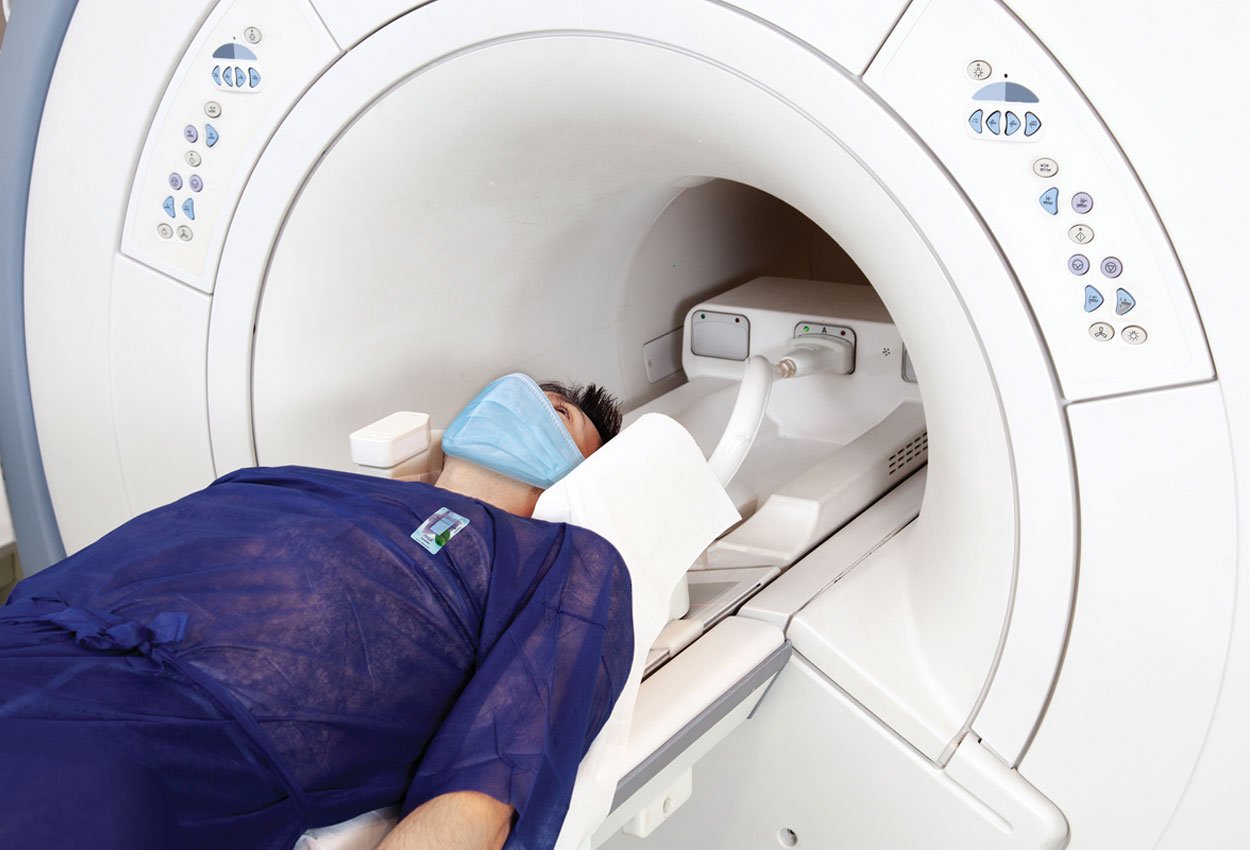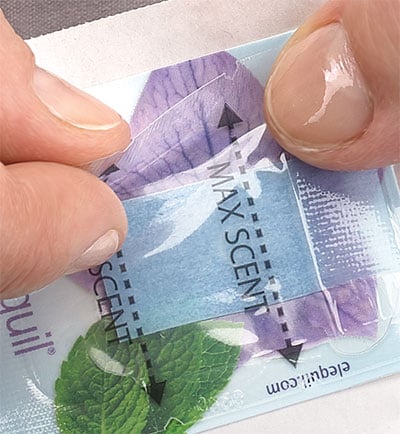
It’s not uncommon to hear people speak of being anxious about having to undergo an MRI scan. In fact, it is estimated that up to 5% of the United States population suffers from some sort of claustrophobia.
That equates to just over 16 million Americans. Since there are millions of MRIs performed every year, the chances of a patient having anxiety or panicking during the procedure is high.
Reactions can range from an elevated pulse, dizziness, nausea, to a full panic attack or hyperventilating. Simply put, having an MRI can be extremely stressful.
Even patients who don’t suffer from claustrophobia can feel nervous during their MRI. They may not know what to expect, are anxious about their results, or have had a bad experience in the past.
The likelihood of an anxious patient is high when it comes to performing an MRI.
Ways to help quell patient anxiety in the MRI suite
There are multiple ways to help a patient cope with any feelings of anxiousness they may have during an MRI.
- Deep breathing — This will help slow a patient’s heart rate which should in turn calm them down.
- Mindful meditation — Suggesting a patient focus on their thoughts or a certain object.
- Medication — This is prescribed beforehand but can offer a patient immediate relief.
- Aromatherapy — Using essential oils can activate certain receptors in a patient’s brain that can ease anxiety.
Using any of these methods can help ease nervousness and provide a sense of calmness. As with anything, there can be drawbacks to some tips mentioned above.
Deep breathing or meditation  requires focus and is easier said than done. It becomes a situation of mind over matter and, more often than not, the patient may still not be able to complete the scan.
requires focus and is easier said than done. It becomes a situation of mind over matter and, more often than not, the patient may still not be able to complete the scan.
Medication is a tricky solution as well. It can help patients that are aware of their claustrophobia or anxiety before the exam, however if a person becomes nervous during the procedure medicine cannot be administered.
Another serious problem with the benzodiazepines that are used for anxiety, is the high risk of addiction. Benzodiazepines are meant for short term use, therefore patients who require routine MRIs run the risk of needing a higher dosage overtime increasing the chance of addiction.
Small but mighty — how essential oils can help
When we smell something, it is this system that stores and interprets the significance of that smell. This is why inhaling an essential oil can trigger a behavioral response in our body and why certain aromas are known to relax and calm us.
Just as smelling cookies baking in the oven can remind you of your grandmother, smelling scents from essential oils like basil, chamomile, and jasmine can lift your spirits and improve your mood. Scents like lavender, peppermint, and orange are known to have a calming effect and promote relaxation.
There are various ways of using essential oils-such as diffusing the oil into the air, applying them to your skin, or inhalation.
When it comes to using aromatherapy and essential oils in a clinical setting, diffusing the oils into the air, or applying them directly to patient’s skin just isn’t feasible -especially now, in the age of COVID-19. This is where Elequil Aromatabs® can help, particularly within MRI.
How Elequil promotes relaxation and helps calm anxious patients
Elequil is made with 100% pure essential oils and adheres directly to a patient’s gown/clothing. It contains no metal or foil, making it a great option for MRIs.
The minimum/maximum tear notch allows each patient to customize the level of scent, depending on their needs.
Lavender and Lavender-Sandalwood both promote relaxation, comfort, and sleep. Lavender-Peppermint promotes relaxation during pain, can help calm anxiousness and soothe queasiness. Orange-Peppermint helps to uplift, energize, and soothes queasiness.
“Patients are thrilled with this product”
Diana, a retired Physician’s Assistant from Scarsdale, NY experienced the Lavender-Sandalwood Elequil Aromatabs during a battery of tests that included an MRI and was blown away at how well it worked.
“The scent is so soothing and calming, it helped me enough that I did not have to take Valium or Ativan or any other agent during the testing process.”
After 5 years of undergoing MRIs and not being able to complete any of them due to her claustrophobia and anxiousness, Kisha from Greenbelt, MD was given an Elequil aromatab and was finally able to complete her first scan.
“The aromatabs are a lifesaver, the tech gave me one after I saw the sign and it made a world of difference.”
And it's not just patients raving about Elequil. An MRI Manager in Huntsville, AL who has been using Elequil for over 4 years told us that he has almost eliminated his department's loss of scan and that his patients are "thrilled with this product."
Experience the Elequil difference yourself
To learn more about Elequil® and the use of aromatherapy in the clinical setting or to request materials for a trial evaluation at your facility, contact your Elequil Account Manager at 1.800.233.5539 or info@beekley.com.

Megan Sargalski
Marketing Communications Specialist



